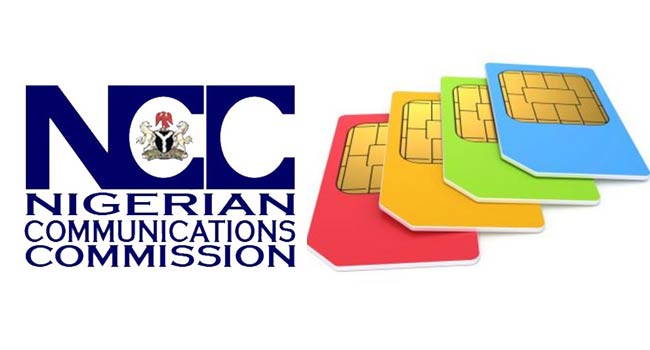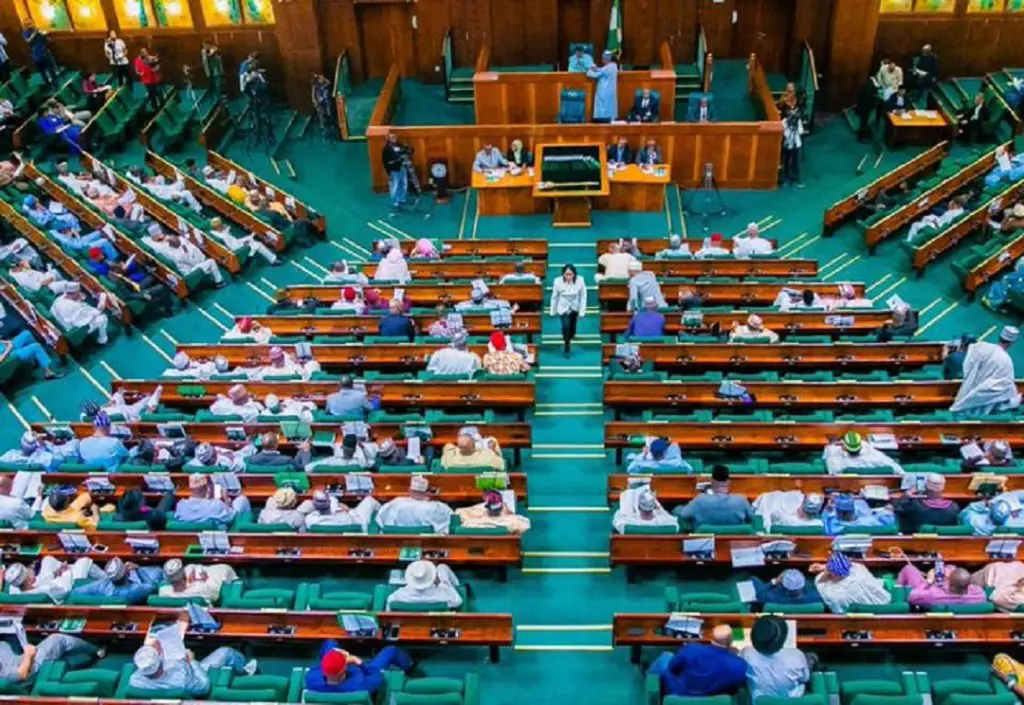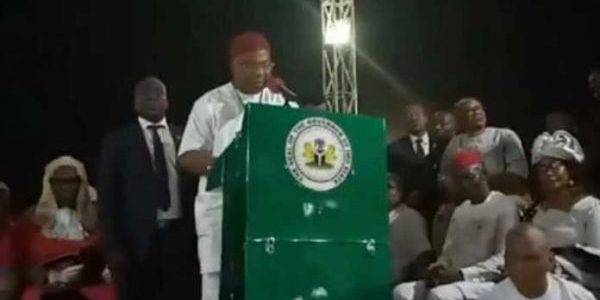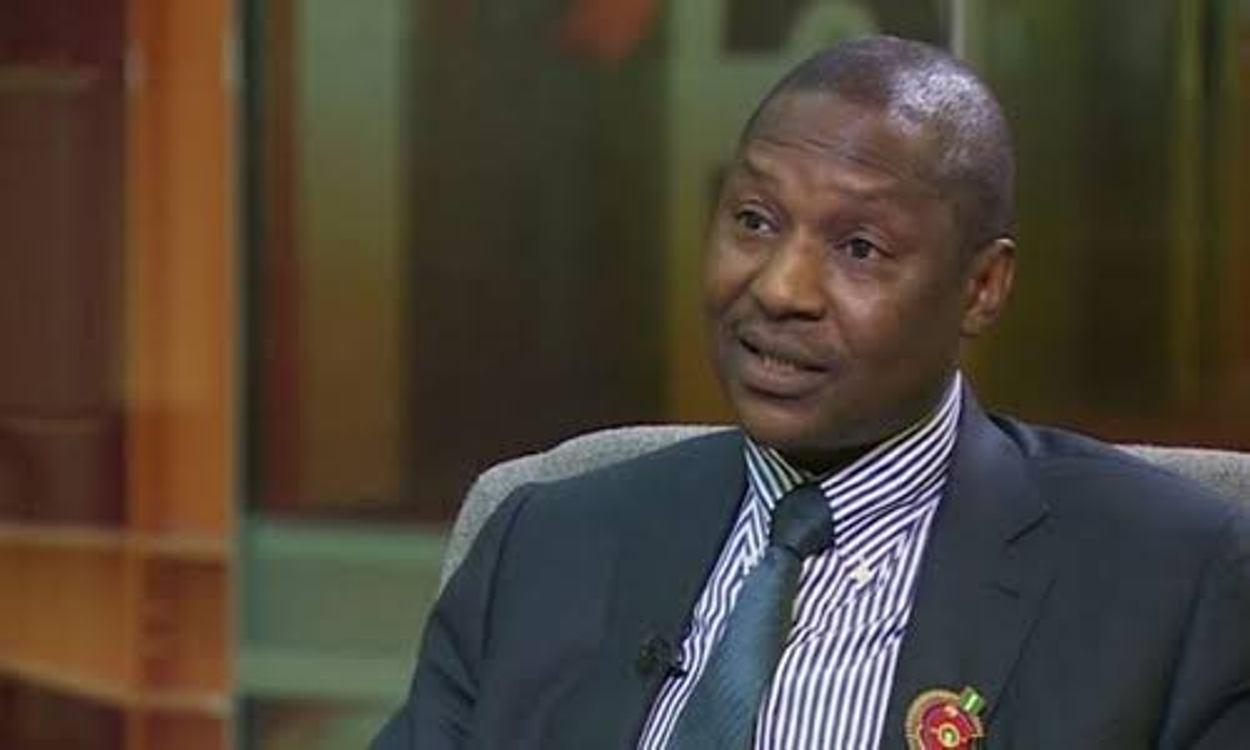The House of Representatives has ordered the immediate suspension of the newly implemented 50% increase in telecom tariffs, citing Nigeria’s worsening economic crisis. Lawmakers directed the Nigerian Communications Commission (NCC) and Minister of Communications, Innovation, and Digital Economy, Bosun Tijani, to halt the hike, warning that millions of struggling Nigerians cannot afford higher call, data, and SMS costs.

The resolution followed a motion of urgent national importance raised by Oboku Oforji during Tuesday’s plenary session. Lawmakers also criticized the poor service delivery from telecom operators, insisting that tariffs should not be increased until service quality significantly improves.
NCC’s Controversial Tariff Approval
The new pricing model, approved in January by the NCC, saw telecom subscribers across Nigeria experience a sharp increase in charges on Tuesday, sparking outrage on social media. The NCC had initially claimed that operators requested a 100% hike, but after negotiations, the regulator approved a 50% increase, citing sustainability concerns.
Nigeria, with over 224 million telecom subscribers, has a rapidly growing digital economy. MTN, the country’s largest network provider, controls 38.79% of the market with 87 million subscribers, followed by Airtel and Globacom (61 million each) and 9mobile (13.9 million users).
Economic Crisis Deepens as Nigerians Protest
The tariff hike comes at a time when Nigerians are already grappling with severe inflation, record-high food prices, and skyrocketing fuel costs. Since President Bola Tinubu’s inauguration in May 2023, the removal of petrol subsidies and the floating of the naira have led to an unprecedented rise in the cost of living.
Petrol prices surged from less than N200 per litre to over N1,100 in many parts of the country.
The naira plummeted from N700/$ to over N1,600/$, exacerbating import costs and inflation.
Food and commodity prices have spiked, worsening financial hardship for millions.
Labour Unions Threaten Mass Protest
The Nigeria Labour Congress (NLC) and Trade Union Congress (TUC) had earlier threatened industrial action over the tariff increase, demanding an immediate reversal. However, last-minute negotiations with government officials led to a temporary suspension of their planned protests.
Meanwhile, economic analysts warn that the rising cost of telecom services could widen Nigeria’s digital divide, making internet access unaffordable for many.
What Next?
With mounting public pressure, will the government bow to demands and reverse the hike? Or will the economic realities force Nigerians to bear yet another financial burden?







2 Comments